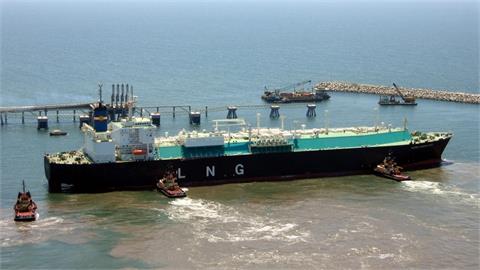Shell announced Thursday a further 250 job cuts in its UK North Sea
operations as well as changes in shift patterns, as low oil prices and worries
about competitiveness increase pressure on the UK industry.
The cuts are to be implemented this year among staff and contractors and
come on top of an earlier round of 250 job cuts announced by Shell in August,
meaning the company will have reduced its North Sea workforce by nearly a
fifth overall.
Other major oil companies including BP and Chevron have also announced
substantial cuts, as tensions rise between unions and the industry generally,
increasing the likelihood of strike action later in the year.
Shell is a major North Sea player, holding stakes in over 50 fields,
including a 55% stake in the Schiehallion field, west of the Shetland Islands,
which is still thought to hold 450 million barrels of oil.
But its UK oil and gas production more than halved however from 207,000
b/d of oil equivalent in 2009 to 91,000 boe/d in 2013, amid an increasing
focus by the company on its non-European business.
"The North Sea has been a challenging operating environment for some
time. Reforms to the fiscal regime announced [this month] are a step in the
right direction, but the industry must redouble its efforts to tackle costs
and improve profitability if the North Sea is to continue to attract
investment," Shell's upstream vice president for the UK and Ireland, Paul
Goodfellow, said in a statement.
Shell noted that the cuts were part of a wider drive by the company
globally to reduce costs and improve its competitiveness.
"Current market conditions make it even more important that we ensure our
business is competitive. Changes are vital if it is to be sustainable,"
Goodfellow said.
Amid a swathe of job cuts and changes in shift patterns, unions have been
consulting their members on possible strike action in recent weeks, raising
the possibility that action will be targeted during the maintenance season
later in the year to maximize disruption.
However Jake Molloy, regional organizer for the RMT trade union, said
strikes were unlikely to be targeted at Shell, which had taken care to hold
genuine consultations on issues such as shift patterns and benefits.
He singled out US upstream companies Marathon Oil and Apache Corporation
and Canada Natural Resources for criticism in this area, and said any strike
action was likely to occur among the workforces of specific companies
perceived as falling short.
(Platts)
Related content
Friday, 07 February 2025
Friday, 07 February 2025
Wednesday, 05 February 2025
Wednesday, 05 February 2025



